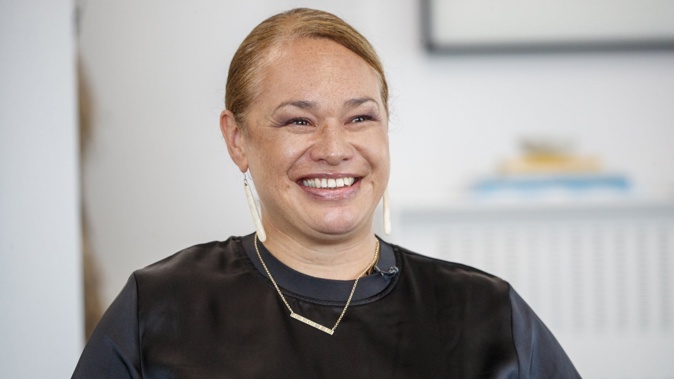PHOTO: FILE
Debate Intensifies Over Potential Jumbo Rate Cut by Reserve Bank Next Month
The financial community is buzzing with speculation over whether the Reserve Bank of New Zealand (RBNZ) should implement a jumbo-sized cut to the official cash rate (OCR) in its upcoming November meeting. As financial markets currently price in a 20% chance of a 75-basis-point cut, some believe it may be necessary due to the next RBNZ meeting not taking place until February.
BNZ’s head of research, Stephen Toplis, weighed in on the possibility, noting that while a 75-point cut isn’t impossible, a more modest 50-basis-point reduction is far more likely. He emphasized that there have only been three instances where the central bank has moved rates by 75 points or more, referencing major economic crises like the Global Financial Crisis and the COVID-19 pandemic.
Toplis explained, “In the Global Financial Crisis, we saw a 100-point cut and two 150-point cuts when banking balance sheets were in serious trouble. During the COVID-19 pandemic, a 75-point cut was implemented due to the widespread uncertainty at the time. However, the recent CPI data doesn’t indicate a crisis of that scale—it’s only a 0.1% surprise, which hardly justifies such a drastic cut.”
The economist added that while interest rates need to fall below 4% to stimulate the economy, a rapid drop could risk fueling inflation again. He noted that many consumers, especially those with short-term mortgage rates, would quickly feel the financial benefits of lower rates, potentially changing spending behaviors.
“With most people rolling over six-month mortgage interest rates, the financial relief will come quickly—delivering hundreds of dollars in savings for some. We just need to be cautious not to flood the economy with too much money and reignite inflation,” Toplis cautioned.
Despite market concerns, Toplis stressed that there’s no reason to panic. He assured that the RBNZ’s ultimate goal is clear: bringing down interest rates to revitalize the economy while balancing inflation risks.
SOURCE: 1NEWS












